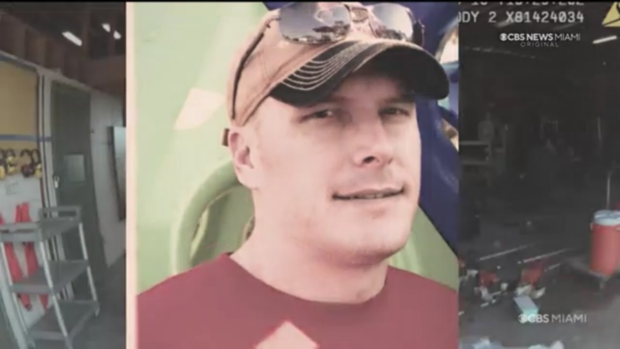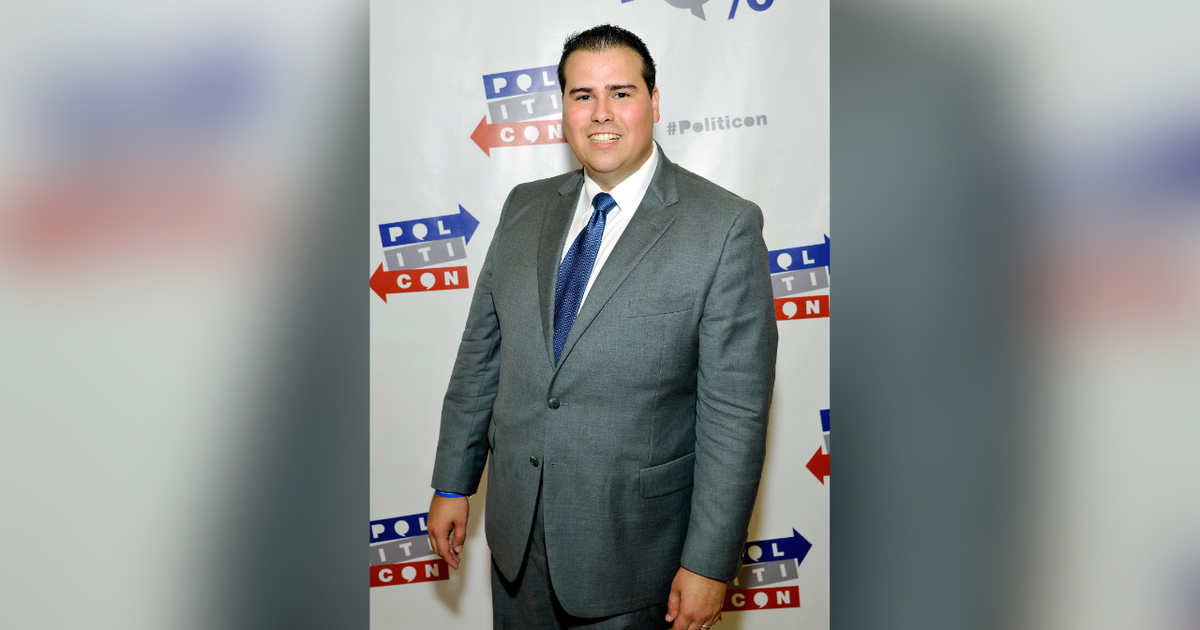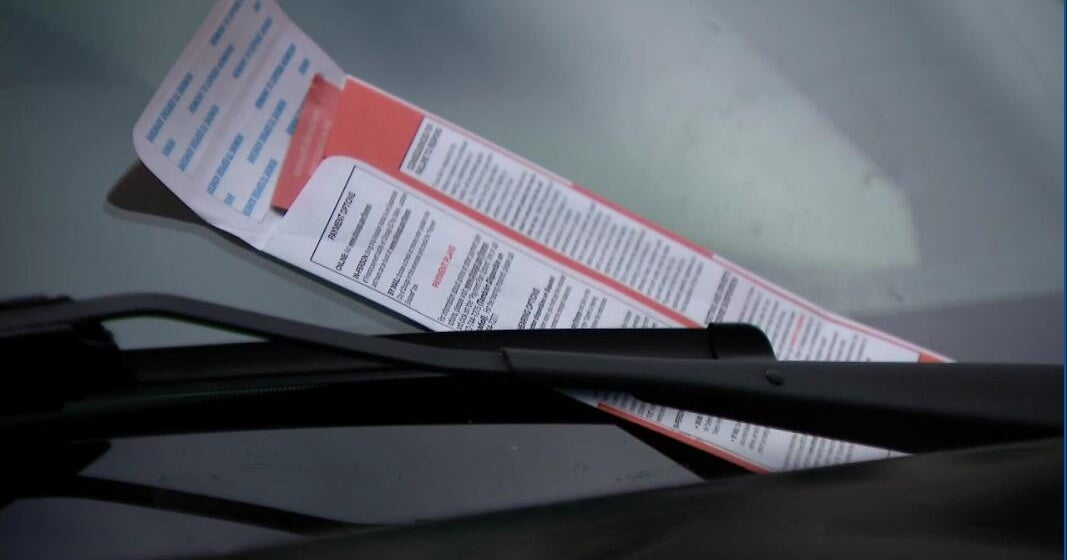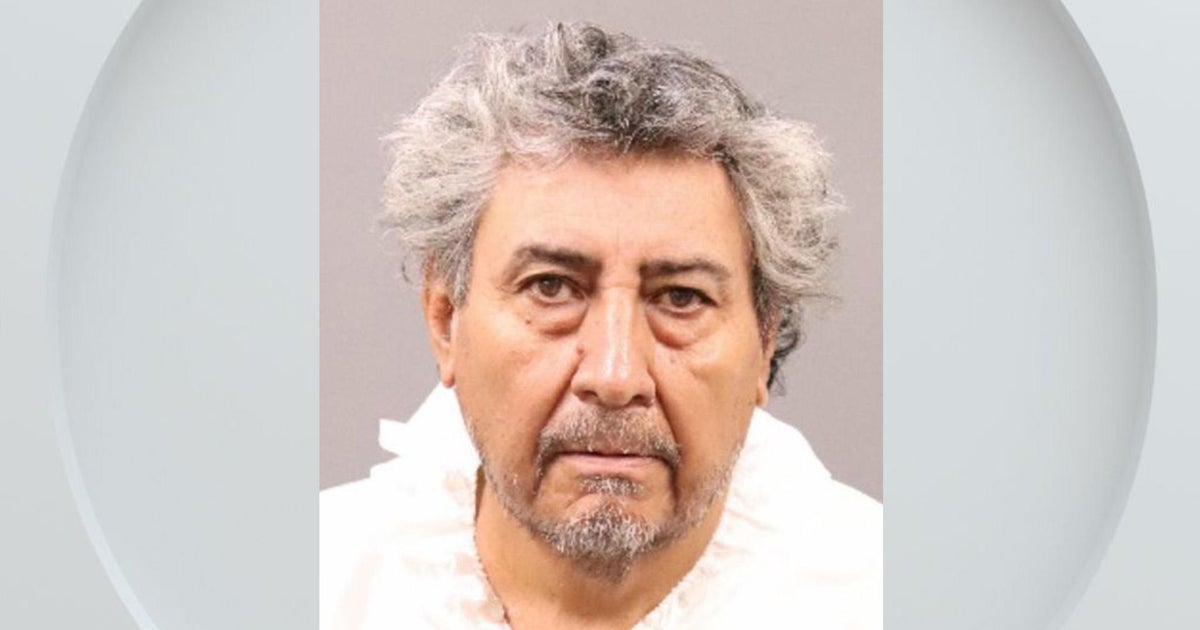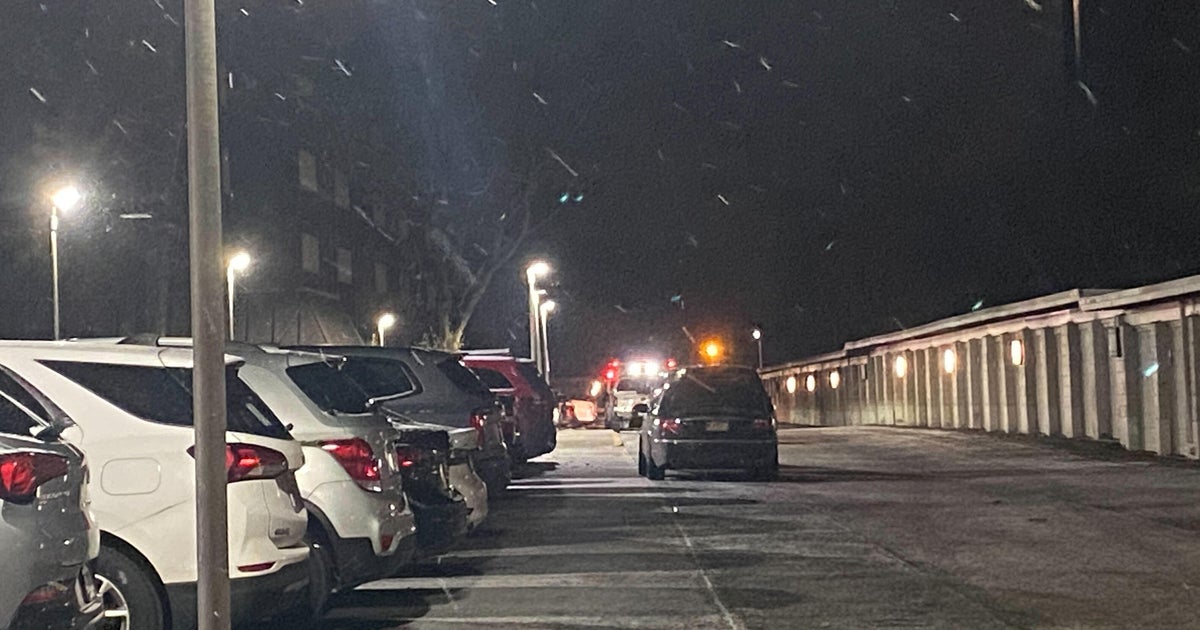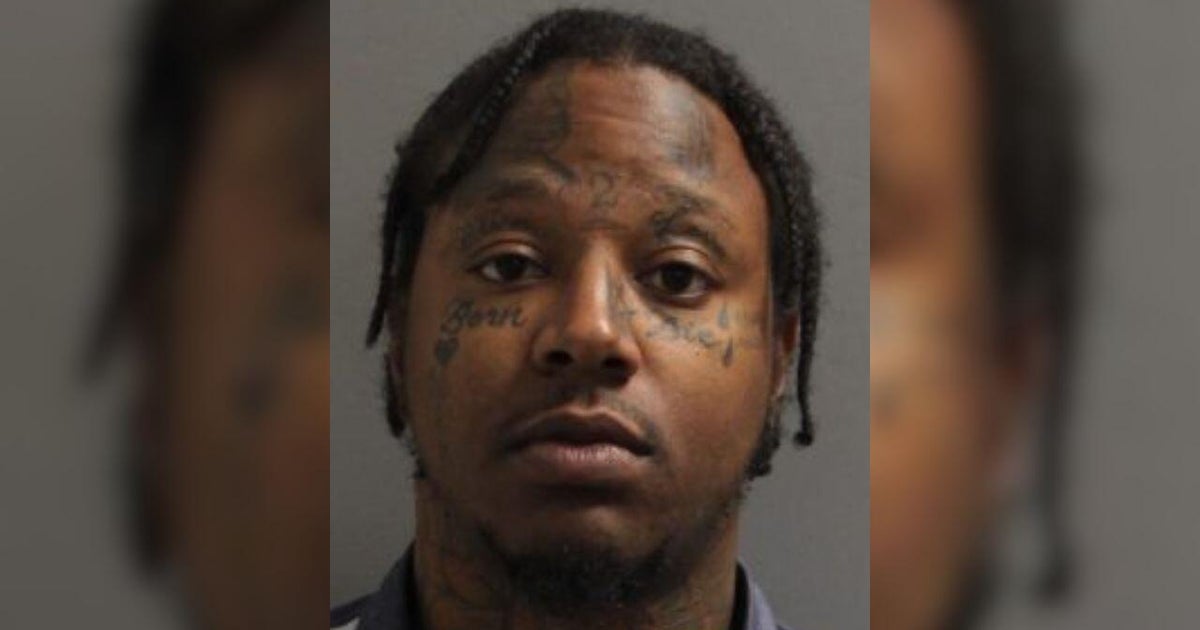Judge speaks out on Tristin Murphy case
MIAMI - The judge who sentenced a 37-year-old man to prison on a littering charge – two months before he killed himself with a chainsaw on a work detail at a state prison – is urging the Florida Legislature to take action to address the growing crisis of needlessly placing people with mental illnesses in the criminal justice system.
"We need help," said retired judge Scott Cupp. "[People with mental illnesses] need help. The system isn't working for these folks. And it's only going to get worse. It's only going to get worse."
In May 2021, then Judge Cupp, who was a circuit court judge in Charlotte County, sentenced Tristin Murphy to three years in prison after Murphy, who was a diagnosed schizophrenic, rolled his pickup truck into a retention pond next to the Charlotte County Jail.
Murphy's story was the focus of a recent CBS News Miami documentary, "Warehoused: The Life and Death of Tristin Murphy," which explored the treatment of the mentally ill in the jails, courts and prisons.
Murphy's case, while sensational and grievous, is not unique and typifies the way jails and prisons are now used to warehouse people with mental illnesses.
In Murphy's case, experts who reviewed his arrest for littering argue Murphy's actions of rolling his pickup into a pond next to the jail should have been seen as a cry for help. Instead, Charlotte County deputies and the state attorney, Amira Fox, charged Murphy with littering more than 500 pounds, which in Florida is a third-degree felony. And because it occurred while he was on probation, Murphy was held in the Charlotte County Jail for nearly two years in an isolation cell where his schizophrenia worsened.
Cupp said he did not agree with the charges placed against Murphy.
"I could say this now because I'm off the bench. Does it seem a little excessive? Yes, it does. Yes, it does," Cupp said. "Could there have been another way to deal with that and handle that? Absolutely."
CBS Miami had originally contacted Cupp last year, but at the time, he said it would be inappropriate as a sitting judge to comment on the case. But now that he has retired he is freer to speak out.
Cupp came in at the tail end of Tristin's case after other judges had been involved in decisions about Tristin's mental state. Cupp was there to take Tristin's guilty plea and sentence him.
"We can dissect why and what happened," Cupp said. "But at the end of the day, it doesn't you know, it sounds trite, but it doesn't bring Tristan back to them. And I know that."
After watching the CBS documentary, Cupp began to write Tristin's parents an email, expressing his sorrow, but then stopped.
"I didn't know how they would receive that and I didn't want to make things worse," he said.
Asked what he wants the Murphy's to know, Cupp said: "Just that as a father, as a fellow citizen, as a human being, how sorry I am for what they went through. I just want to tell them that I'm sorry for their loss."
"What they suffered through with their son, it hits very close to home," he added. "I have family members that unfortunately have suffered with some pretty significant mental health issues. I have an idea what they went through. And it's horrible. It's hard."
One of the issues exposed in our reporting was on competency restoration – the process where a person who is found to be mentally incompetent is sent to a state hospital where they are stabilized and then sent back to court to almost always plead guilty.
"I don't want to say it's a joke that's too cavalier, but it's not, it's not effective," Cupp said. "It's just keeping the train moving. We've got these cases. We've got to deal with them. In theory, what you're looking for is moving the cases, moving the cases through the system. That's what judges are, what we're paid to do. We do justice. But you also… you've got to move the cases or the whole system backs up."
There was a surprising moment in the documentary in which Tristin Murphy's father actually expressed sorrow and sympathy for Cupp.
"It wasn't fair to him to put that on his plate, that he knows he condemned a kid to death for driving, for driving a truck in a pond," Dennis Murphy said in the documentary. "Jesus Christ, what's wrong with our society?"
Seeing that moved Cupp deeply.
"Wow, just a very gracious and forgiving spirit," he said. "I don't know if he's worked through the anger at all of us and for."
Told Tristin's mother still has that anger, Cupp responded: "I don't blame either one of them."
"From a professional standpoint, I don't know that I could have done anything differently that that sounds maybe sounds a little cold or cruel," he said. "From a personal standpoint, it's heartbreaking. You know, it's just absolutely heartbreaking on so many different levels."

